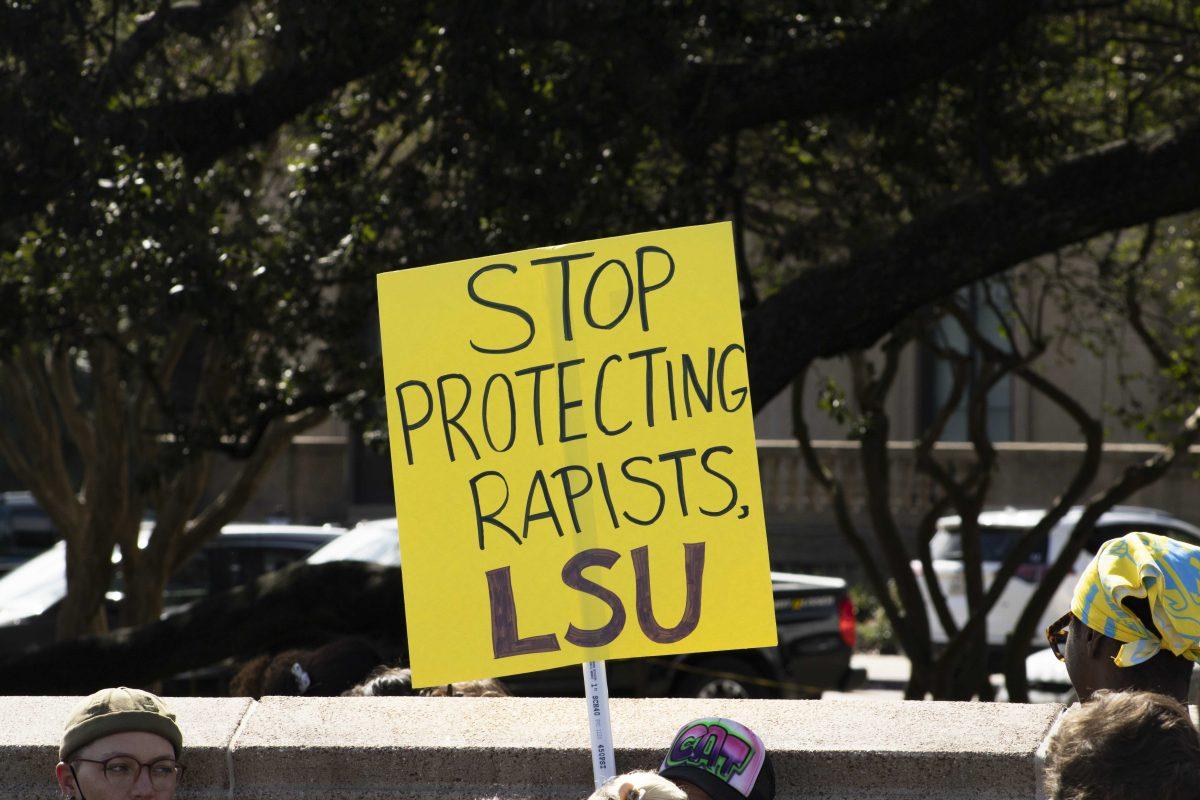From the beginning of October 2021 to the end of March 2022, LSU received 182 Title IX reports. Over 90% of these cases were closed without disciplinary action.
It’s been 50 years since the United States passed Title IX, the law that protects students from sex-based discrimination, including sexual misconduct.
It’s been 19 months since reporters at USA TODAY chronicled LSU’s repeated mishandling of sexual assault and domestic violence cases, and 15 months since a 148-page investigation by law firm Husch Blackwell determined the university “has never been appropriately staffed or provided with the independence and resources to carry out Title IX’s mandates.”
Alarm bells had been sounding within the university for years concerning miscarriages of Title IX, but it wasn’t until these failures became public that university leaders finally addressed them.
Since then, the university has established the Office of Civil Rights and Title IX, increased staff and clarified policy wording around mandatory reporting.
But even after reforms, the data released in the university’s biannual reports show LSU has a long way to go.
It is statistically unlikely for sexual violence victims to file any type of report. Of this fraction of survivors that make any contact with the Title IX Office, only a small handful have made it to a hearing. That should concern all of us.
Building trust takes time, but it is perhaps harder to do so at an institution that has shown repeated unwillingness to hold anyone accountable for Title IX neglect.
Athletic administrators, Verge Ausberry and Miriam Segar, received slap-on-the-wrist suspensions for failures to report and handle Title IX issues — suspensions that were, by the way, not even enforced.
Beloved football coach Ed Orgeron’s fall didn’t come with public revelations of claims that he had ignored rape and sexual harassment allegations against one of his players, but when he started to lose too many games.
French professor Adelaide Russo remains at the university after five former students alleged in a lawsuit that she failed to protect students from a serial sexual predator.
LSU failed survivors for years and ignored repeated internal calls for change. An institution that was aware of heinous problems but only moved to act after public outrage is worthy of heavy skepticism.
As Caroline Schroeder, a survivor and LSU alumna, put to the Board of Supervisors on the day of Husch Blackwell’s release, “We are not here out of the goodness of your heart. We are here because a national newspaper published a story in November that created a bit of a public relations problem for you.”
It is our job as students – and, at the Reveille, as journalists – to thoroughly investigate every claim of reform made by the university, with the experiences of survivors at the forefront.
The university enters the 50-year anniversary of Title IX amid two federal investigations and with a disgraceful history behind it.
At the Reveille, we will do our part to ensure that history is never repeated. We’re not sure LSU can say the same.
If you have filed a report with the Title IX Office, or experienced sexual misconduct on campus, and would like to speak to The Reveille about your experience, please contact us here or email us at [email protected]










